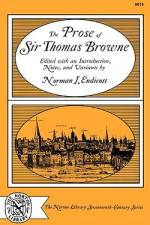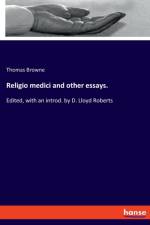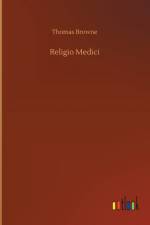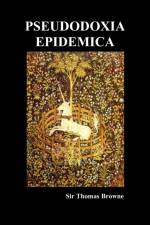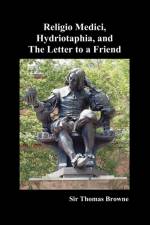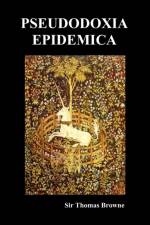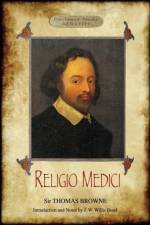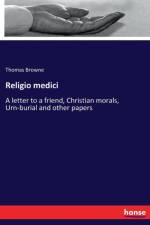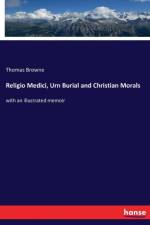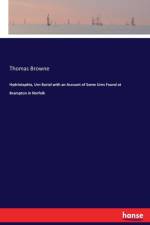- The Religion of a Physician; With Introduction and Notes by J. W. Willis Bund (Aziloth Books)
av Thomas Browne
159,-
The proverb "Where there are three physicians there are two atheists" summed up the public perception of seventeenth century physicians. But, as the reader of Religio Medici will testify, Sir Thomas Browne, M.D., was anything but an atheist. Browne qualified as a doctor in Europe and travelled widely across the continent, living among many different Christian sects. At the age of thirty, he set down his thoughts on religion, a work that was meant for private circulation only, but when a critically annotated version was printed without his permission in 1642, Browne felt obliged to publish an authorised edition the following year. As a singularly candid piece of introspection, Religio Medici broke the mould of seventeenth century works on religion and catapulted its author to fame across Europe. The book analyses what faith and Church doctrine mean to a post-reformation Christian heavily influenced by the rationalists of the 1600s. Divided into two parts, the first looks at faith and the second at charity, but much ground is covered within these two concepts - death, heaven, hell, judgement, resurrection and even music. Browne refutes the cavil of the day about physicians by arguing that reason and religious faith are perfectly compatible. God, after all, is the immanent power behind all things, both those that man has "worked out" and those that are beyond his reasoning powers. When the limits of rational thought are reached, Browne is happy to rely on faith and to revel in God's mysteries and uncertainties - although he points out that his views will change over time (according to "the dictates of my own reason") as new facts and perspectives come to light. It is this refreshing approach that sets Religio Medici apart as a work that continues to delight and inform the modern debate on religion and science.

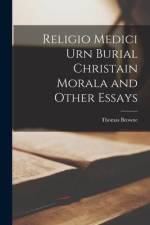

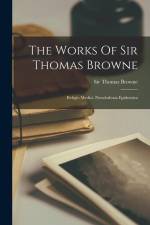
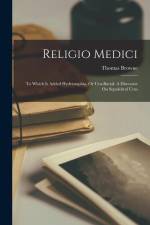
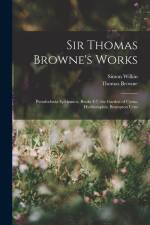
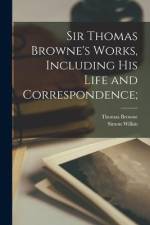
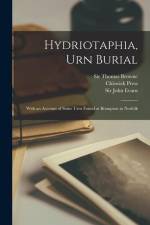
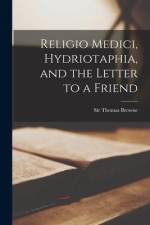
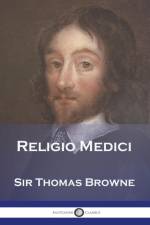
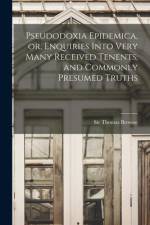
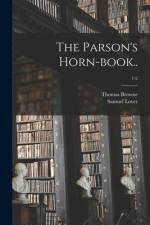
![The Religio Medici and Other Writings of Sir Thomas Browne [microform] af Thomas Browne](https://cdnbackdoor.tales.as/thumbnail/150x225/products/00310/03107/the-religio-medici-and-other-writings-of-sir-thomas-browne-microform.jpg)

![Browne's Religio Medici and Digby's Observations [microform] af Thomas Browne](https://cdnbackdoor.tales.as/thumbnail/150x225/products/00276/90093/brownes-religio-medici-and-digbys-observations-microform.jpg)
